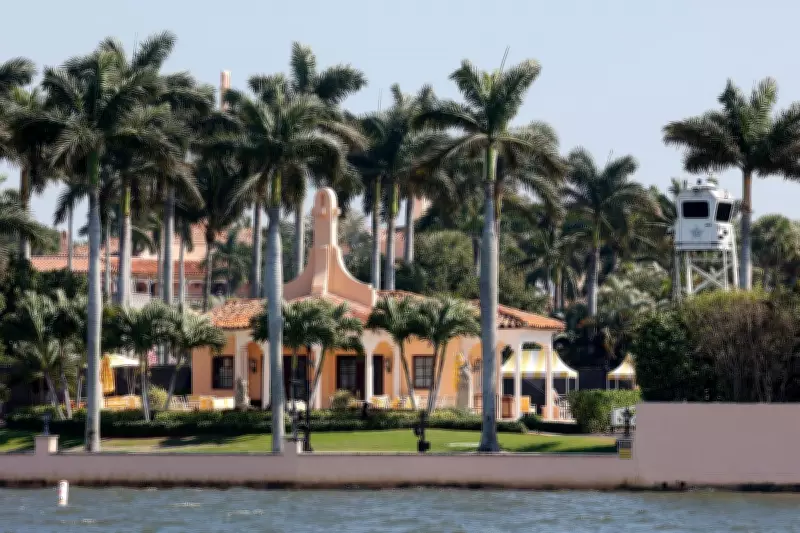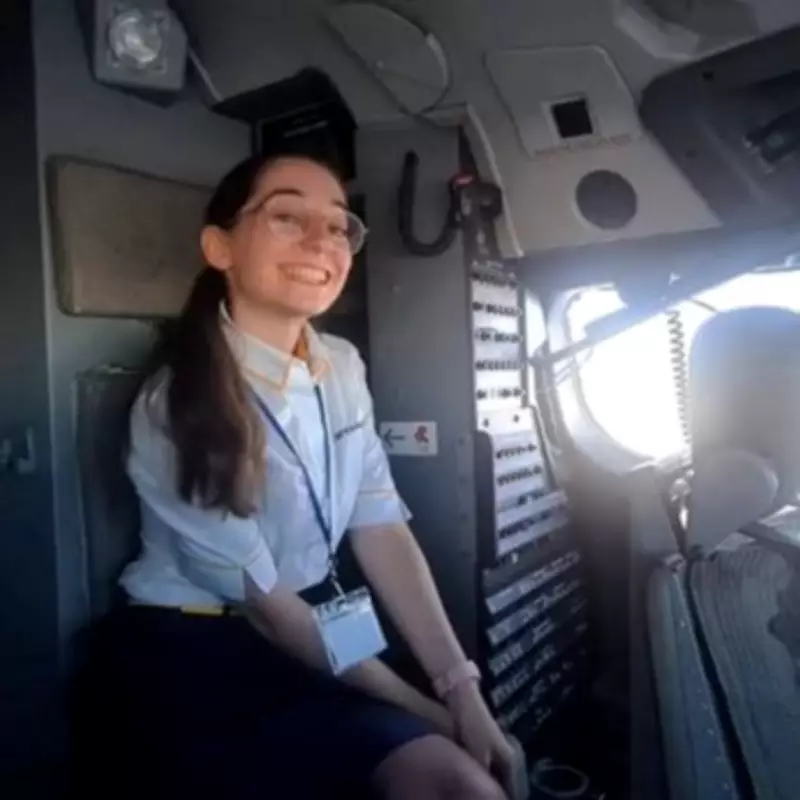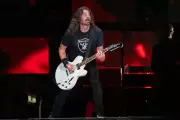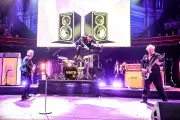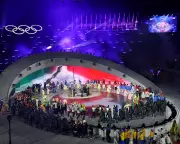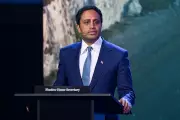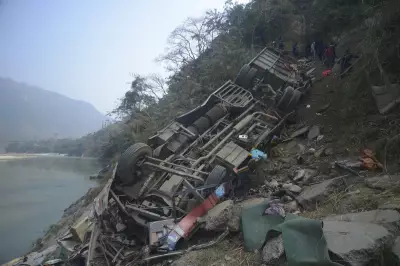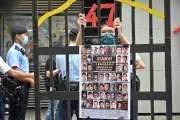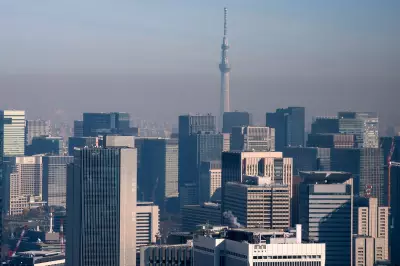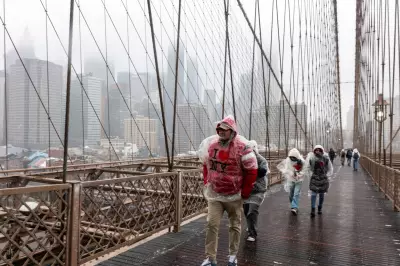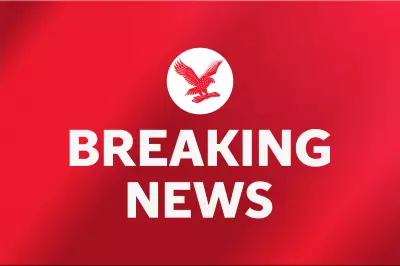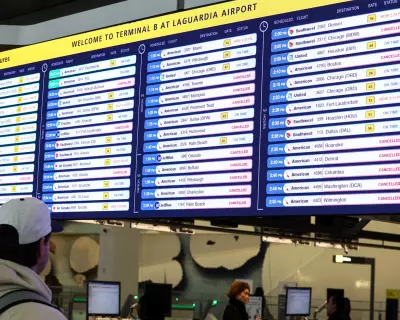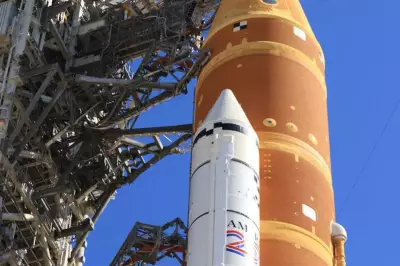Entertainment
Mumford & Sons 'Thrilled' as Song Becomes ICE Protest Anthem
Marcus Mumford expresses pride as 'White Blank Page' is adopted in anti-ICE protest videos, condemning the agency's actions as a 'disgrace' and citing fatal shootings in Minneapolis.
Sports
WNBA Mourns Loss of Two-Time Champion Kara Braxton at Age 43
The basketball world is mourning Kara Braxton, a former WNBA All-Star and two-time champion who played 10 seasons. The league announced her passing at age 43.
Politics
Robert Aramayo's Emotional BAFTA Win Brings Ethan Hawke to Tears
Robert Aramayo's heartfelt BAFTA acceptance speech for Best Actor moved Ethan Hawke to tears as he thanked the veteran star for inspiring him at drama school.
Crime
Nepal Bus Plunge Kills 19 Including British National, Injures 25
A crowded bus veered off a mountain highway in Nepal, resulting in 19 fatalities including a British national and 25 injuries. The accident occurred near the Trishuli river west of Kathmandu.
Health
Weather
NYC Mayor Declares Emergency and Travel Ban for Blizzard
New York City Mayor Zohran Mamdani has declared a local state of emergency and issued a travel ban as the city prepares for its first dangerous blizzard in over a decade, with up to 24 inches of snow forecast.
NYC Mayor Declares Emergency and Implements Travel Ban
New York City Mayor Zohran Mamdani has declared a local state of emergency and ordered a travel ban as the city prepares for its worst blizzard in over a decade, with schools closed and non-essential vehicles restricted.
Thailand Hit by 6.5 Magnitude Earthquake After Borneo Quake
A significant magnitude 6.5 earthquake has struck Thailand, as reported by the German Research Centre for Geosciences. This seismic event follows a magnitude 6.8 quake in Borneo, highlighting regional tectonic activity.
US Northeast Braces for Blizzard with Heavy Snow and High Winds
A severe winter storm is hitting the US Northeast, with blizzard warnings from Maryland to Massachusetts, over 6,000 flights cancelled, and residents urged to stay indoors.
East Coast Blizzard: 12,000 Flights Delayed, 18 Inches Snow Forecast
A severe nor'easter batters the East Coast, causing massive flight cancellations and delays while forecasters predict up to 18 inches of snow and dangerous blizzard conditions across multiple states.
Tech
Get Updates
Subscribe to our newsletter to receive the latest updates in your inbox!
We hate spammers and never send spam
Environment
UK Geography Quiz: Test Your Knowledge
Challenge yourself with 100 multiple-choice questions about the geography of the United Kingdom. Perfect for students, travelers, and geography enthusiasts.


